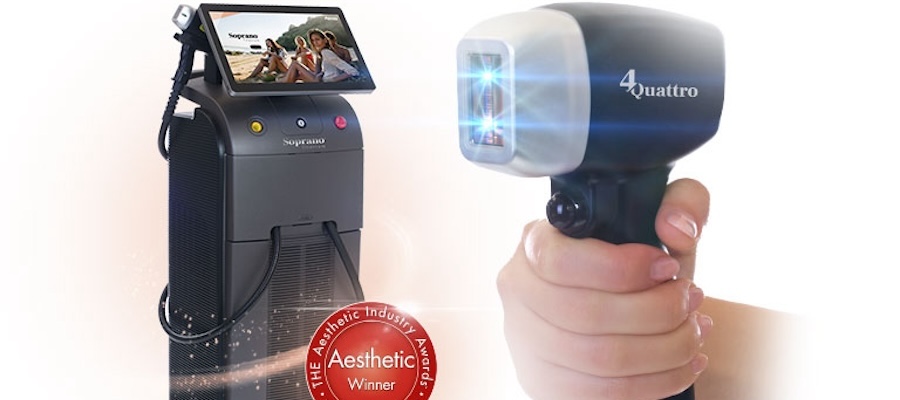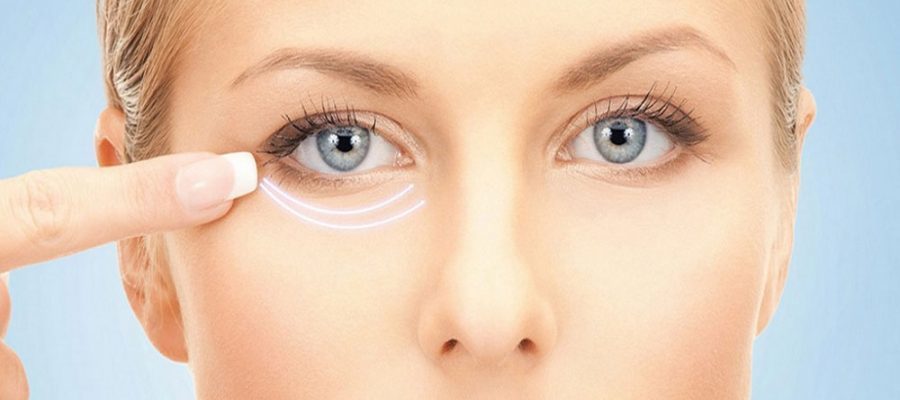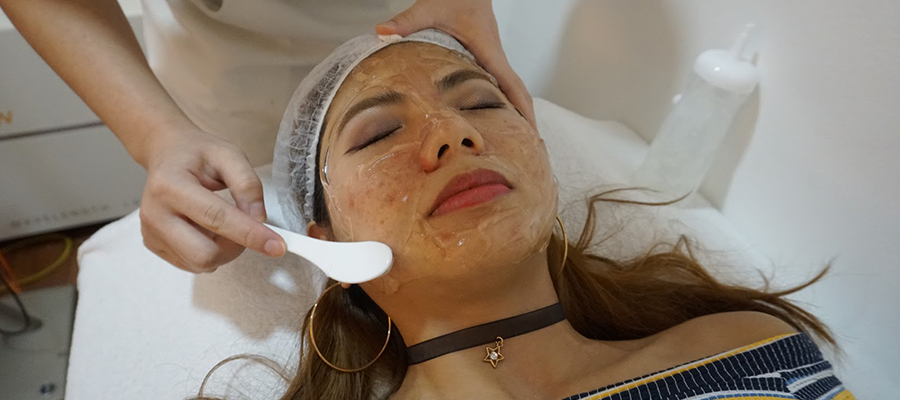
Treatments
Facial Care
Laser Hair Removal
Medical Aesthetics
Laser Treatment
Blog

Age of Wellness
The concept of wellness has now almost surpassed the concept of beauty.
Exercise, meditation, eating healthy and having a strict self-care routine are all part of the concept of wellness. In this period when technological developments are gaining momentum, the world of medical aesthetics is also working for the best results. The aim of new approaches is to develop a personalized medical aesthetic approach in the face area, taking into account the person's emotional needs.
This is very important to age well and become the best of ourselves.
The future of medical aesthetics now lies in small touches that yield natural results and last over time.
When should we start these little touches is one of the most frequently asked questions. While negative expressions do not show much on a young face, as we get older, our face becomes sensitive to such negativities.
As we get older, such negative expressions settle on our faces and we cannot reflect this even when we feel good and happy. Ultimately, there is no age to start medical aesthetics, but people's needs determine this age. Maybe we may need it in the 20s or even the 30s.
Instead of the old approach of postponing until a serious problem occurs and then having a major and permanent operation done, we achieve much better results by noticing small problems at an early stage and taking action. For example, crow's feet lines first appear only when we squint our eyes, then they start appearing as deep lines during the resting period, and in the last stage, they begin to appear when our face is at rest as well.
If you wait until this period without doing anything, it will not be possible to correct it with a simple and natural process. Making small and natural touches now is a common practice. However, your doctor's approach to this issue is also important, because having the right and aesthetic perspective is also important. Each face shape may require a different approach, sometimes patients focus on the visible part of the problem, but the doctor's job is to discover the structure that creates it and eliminate it.













